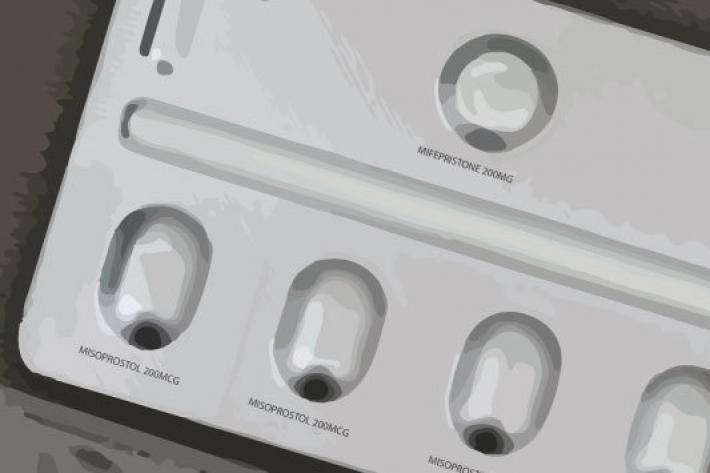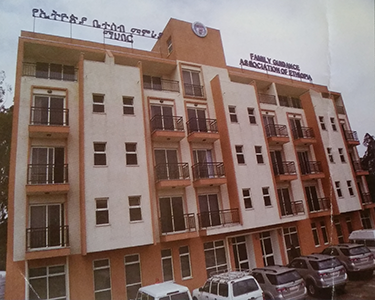During the global COVID-19 pandemic, medical abortion has an increasingly important role to play in ensuring access to safe abortion care for those who choose not to continue their pregnancy.
This healthcare crisis will put millions of additional women at risk of sexual violence, lack of access to contraception and unintended pregnancy. This, in turn, will significantly increase the need for access to safe abortion care. Access, however, is simultaneously decreasing, with clinics closed or working at reduced capacity, public health systems focusing on their COVID-19 response, and many governments not recognizing abortion as an essential health service. Fear of contracting COVID-19, coupled with government lockdown measures restricting movement, are also keeping women at home, preventing them from accessing essential SRH services, including abortion.
The increase in demand, decrease in supply and restrictions on movement around the world are creating an environment in which we can expect to see a rise in unsafe abortion. Many IPPF Member Associations, therefore, are exploring and implementing alternate solutions to clinic-based abortion care, including supported self-managed medical abortion at home, community-based provision of medical abortion and a telemedicine approach that minimizes contact with service providers. Member Associations are also strengthening partnerships with government healthcare facilities, which have shifted their focus to COVID-19 response and are now referring abortion clients to Member Association clinics.
In one African country, a government-imposed curfew required IPPF’s Member Association to temporarily suspend its clinics’ night-time opening hours, which meant reduced access for abortion care. “Many clients prefer to receive abortion services during the night, when we offer an on-call service,” explains the Programme Director. “This will certainly force clients to resort to clandestine and unsafe abortion practices.”
This Association has responded by increasing access through new strategies, including community-based provision of medical abortion. The team has trained private service providers in the provision of quality medical abortion and is equipping them with medical abortion pills so that they can bring this essential service to women in their communities. With accurate information, quality medical abortion pills and effective follow-up and support, new or altered service delivery approaches are enabling women to access safe abortion care while maintaining social distancing and reducing the risk of COVID-19 transmission.
It is vital that women’s experience of abortion and the quality of the care they receive is not compromised during this crisis. Medical abortion, whether self-managed or with the support of a health professional, should be undertaken using quality medical abortion pills and with accurate information available to the user. Quality pills will increase effectiveness and minimize the risk of complications and the need for subsequent clinic-based care. Now, more than ever, it is critical that women are able to access quality medical abortion commodities.
With the COVID-19 pandemic causing global supply chain disruption, many providers of safe abortion care are finding themselves needing to seek alternate solutions to procuring medical abortion commodities. IPPF is improving access to information and visibility on the availability of quality medical abortion pills by country. OurMedical Abortion Commodities Database contains information on medical abortion products in 100 countries, including 20 brands of quality misoprostol and 14 brands of quality combipacks.
The database has seen a spike in users since March, coinciding with the beginning of the COVID-19 pandemic. This is evidence of an increased demand for information on medical abortion supplies, signalling the importance of access to accurate information and quality medical abortion during a time when barriers to accessing safe abortion are increasing for many women all over the world.
IPPF Member Associations continue to provide comprehensive abortion care, using the latest technologies and innovations to ensure access for the most marginalized and under-served groups. We will continue to leverage on the opportunities that medical abortion brings to support these efforts, and in collaboration with our partners around the world, IPPF will strive to continue to fill a knowledge gap and ensure the best possible care and support for those choosing a medical abortion.
– Catherine Kilfedder, Senior Programme Adviser, Global Comprehensive Abortion Care Initiative (GCACI)


